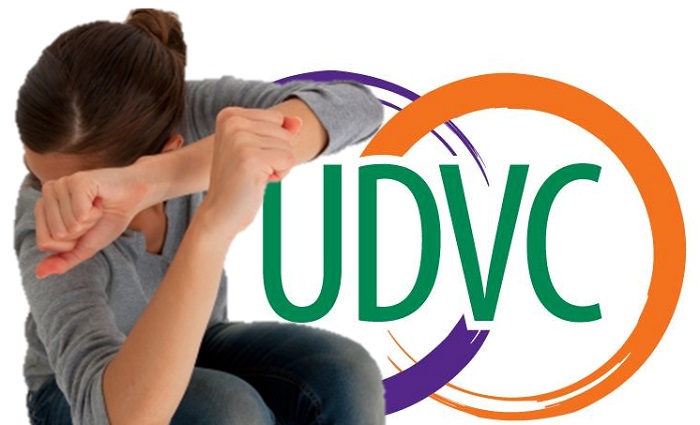
From our Archives: New study shows 130 domestic violence victims turned away in Utah in 24-hour period
On March 6, the National Network to End Domestic Violence (NNEDV) released a new research report that found, in a single 24-hour period, more than 66,000 victims of domestic violence received help and support from service organizations in the United States, yet nearly 10,000 more who needed assistance could not be helped due to a lack of adequate resources.
In the state of Utah, 848 victims received services in that 24-hour period, but 130 could not be helped because local programs here in Utah didn’t have sufficient resources.
“Domestic violence is a public safety and public health issue that is affecting families here in our state,” said Kendra Wyckoff, executive director of the Utah Domestic Violence Coalition, “and, tragically, it can be fatal. Since 2000, domestic violence has accounted for nearly 40 percent of adult homicides in Utah, so it is no exaggeration to say that the services our domestic violence shelters and victim service programs provide can truly be lifesaving. We need to recognize this and ensure that these programs receive adequate and sustained funding to continue their work and meet the increasing need we are seeing.”
The report, “Domestic Violence Counts 2013: A 24-hour Census of Domestic Violence Shelters and Services,” examined a random day, Sept. 17, 2013, and collected information from 1,649 domestic violence programs throughout the United States from midnight to midnight on that day. It identifies needs that were met and unmet on that day and provides a snapshot of how budget cuts are affecting the staffing and resources of these organizations.
Key findings for Utah include this 24-hour data from Sept. 17, 2013 (UPDATE — the most recent statistics can be found here) :
*848 domestic violence victims and their children received services in just one day.
*190 calls to domestic violence hotlines were answered.
*86 individuals were educated on domestic violence during trainings conducted by local programs.
*130 requests from domestic violence victims were turned down because programs did not have the resources to provide them, including requests for emergency shelter, housing, transportation, childcare and legal representation.
*The majority of unmet requests were from victims who had chosen to flee their abusers and were seeking safe emergency or transitional housing.
“Every day in this country, victims of domestic violence are bravely reaching out for help, and it’s essential that they have somewhere safe to go,” said Kim Gandy, President and CEO of the NNEDV. “We have made so much progress toward ending violence and giving survivors avenues for safety. But continued program cuts jeopardize that progress and jeopardize the lives of victims.”
When nationwide program providers were asked what most likely happens when services are not available, 60 percent said the most likely outcome was that victims returned to their abusers; 27 percent said the victims become homeless, and 11 percent said that victims end up living in their cars.
The research also shows initial impacts of the new guidelines in the Affordable Care Act, which require healthcare providers to screen patients for domestic violence and refer victims to services. Data collected for this study shows that since these guidelines have been in effect, there has been an 18.5 percent increase in referrals received nationwide by domestic violence programs – a number that experts predict will only increase as the ACA takes full effect.
The number of unmet needs is related to the financial resources of these programs. In 2013, 1,696 staff positions were cut due to funding reductions – an average of 1.2 staff per program. Of the staff positions that were cut in 2013, 70 percent were direct service positions, such as case managers, advocates, shelter staff and child advocates.
ARTICLES RELATED TO New study shows 130 domestic violence victims turned away in Utah in 24-hour period
BYU, rape, and allowing our thinking to evolve on the subject
BYU, rape, and allowing our thinking to evolve on the subject
The uncomfortable relationship between sex and violence in America




